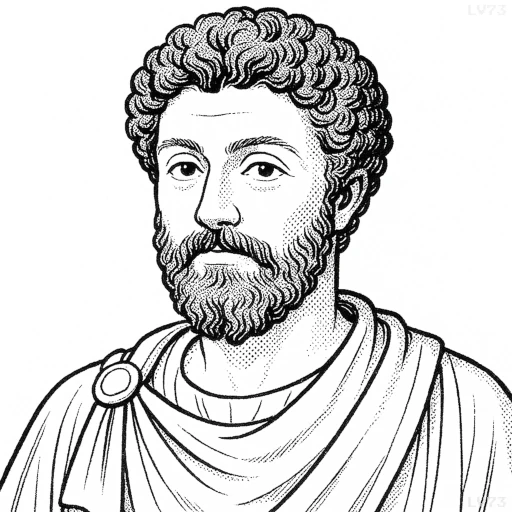“How much time he saves who does not look to see what his neighbor says or does or thinks.”

- April 26, 121 – March 17, 180
- Roman Empire
- Roman Emperor
table of contents
Quote
“How much time he saves who does not look to see what his neighbor says or does or thinks.”
Explanation
In this quote, Marcus Aurelius highlights the freedom and peace that come from disengaging from the judgments, actions, and opinions of others. He suggests that by not focusing on what others are saying, doing, or thinking, we free ourselves from unnecessary distractions and concerns that consume time and energy. This Stoic principle encourages us to focus on our own actions, thoughts, and values, rather than being overly concerned with the opinions of others or engaging in social comparisons.
Aurelius, who lived under the constant scrutiny and pressures of leadership, understood that spending time obsessing over the behavior and opinions of others can detract from one’s own growth and well-being. Instead, he advocates for focusing on internal growth and acting according to virtue and reason, rather than being swayed by external influences. This view is especially relevant today, where social media, peer pressure, and the desire for approval can easily lead us to spend excessive time worrying about what others think.
In practical terms, this quote encourages us to be more mindful of where we direct our attention. For example, instead of getting caught up in office gossip or social media comparisons, we can focus on our own goals, values, and personal development. By freeing ourselves from the constant need to monitor others’ actions or opinions, we reclaim valuable time and energy that can be spent on meaningful pursuits and self-reflection. This leads to a more focused and peaceful life, grounded in self-awareness and purpose.
Would you like to share your impressions or related stories about this quote in the comments section?

